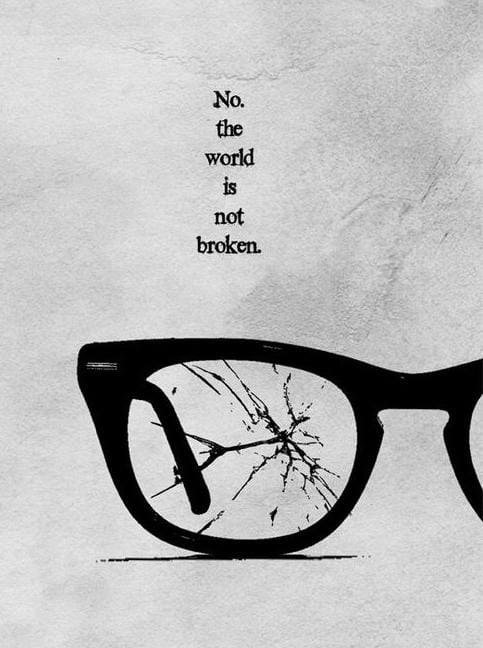11th July 2024
I am sure you’ve heard the story of the young couple who moved into a new apartment.
One morning, the woman looked out of her kitchen window and saw the neighbours’ laundry drying on a line.
The clothes looked dirty, really dirty. ‘I don’t think they know how to wash clothes. They look so dirty!’ said she to her husband. ‘Maybe they use a lousy detergent!’ added the husband absent-mindedly, his face still buried in the newspaper.
A few days later, this happened again. Dirty-looking laundry again. Derogatory remarks about the neighbours’ incompetence again.
Then, one Sunday morning, the woman was in for a surprise. She looked out of her window and saw really clean laundry.
‘Ah!’ she exclaimed. ‘They finally learnt how to do it right. Perhaps someone taught them how to wash clothes!’
‘Actually, dear,’ said her husband, ‘I got up early this morning and cleaned our windows.’
Ouch! What’s true for the couple is true for all of us too.
It only confirms what behavioural scientists have maintained all along.
We see things not the way they are but the way we are! Our windows—our tinted glasses—significantly impact our view of the world.
We all see other people through our own stained-glass windows.
If we are looking for faults, we find them, Just as easily as we’d find good if we go looking for that.
So it helps not to jump to conclusions and damn other people. It may not be them; our own windows may be to blame.
This is true not just of other people, but of life itself.
If you’ve lived with the fear of failure all your life, you tend to erect a window of risk aversion.
In every opportunity, you first see the risks, the downsides, the possibility of failure.
Someone else may look at the same image through the window of optimism and see a huge, overpowering silver lining.
It’s not the world, it’s the window.
For you to start seeing opportunities, the world around you need not change, Just the windows through which you see your world need realignment or a bit of cleaning!
Our windows are made out of our experiences & our biases. We are quick to form opinions of others, based on fleeting perceptions, based on the view from our own windows.
The next time you find fault with someone, pause before you proceed to damn them. Perhaps it’s time to clean your windows.
Clean your dirty window & stay blessed forever.

